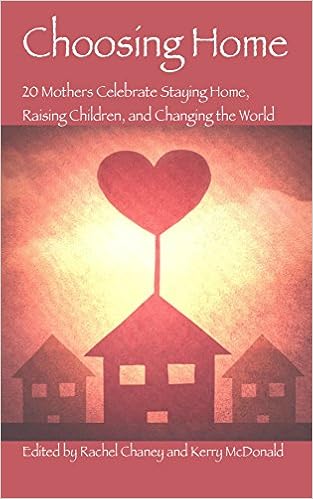Saturday, February 24, 2018
An Unschooling Snapshot
"No man has the right to dictate what other men should perceive, create or produce, but all should be encouraged to reveal themselves, their perceptions and emotions, and to build confidence in the creative spirit." ~ Ansel Adams
How does unschooling actually work? What does it really look like? How do children learn without being schooled?
I get it: unschooling is an amorphous concept that challenges everything we have ever been taught about human learning. It can be difficult to grasp the possibility that children can successfully educate themselves, by following their own passions, when surrounded by supportive adults and community resources. But they can, and they do.
A real-life story may help to illustrate how unschooling, or Self-Directed Education, works, including the interplay between children learning and adults facilitating.
My nine-year-old son Jack has many interests, but lately he has become increasingly passionate about, and competent in, photography. He liked looking at the photos on my Instagram account, and became more interested in social media and, specifically, photo-sharing. Children are eager to learn the customs and skills of their society, and technology is modern humans' most important daily tool for work and play. Jack is exposed to these technological tools, by observing the people around him using these tools and by being allowed to play freely with these tools on his own and with his peers.
He began taking photos on an old smartphone that a family member gave to him when she upgraded her phone, and his photos grew in sophistication. He started sharing his pictures with family members, writing creative captions to describe what he saw: "A time warp of light" for one photo; "A ray of sunlight going through the trees," for another.
Jack still wanted to learn more about photography, and particularly iPhoneography. His dad and I suggested that there may be online courses on photography that he might find helpful. He eagerly began searching the Web for various photography courses, comparing different options, prices, formats, and instructors. He finally decided on a course through Udemy, a popular online courseware platform. We paid the 12 dollars for his course, and he threw himself into the class, listening intently, taking notes, and practicing what he learned. He did this all on his own, resulting from his own interests--not because someone else told him to.
Jack continues to learn and practice, devoting hours each day to exploring photography tips, getting outside to take nature photos, and sharing his best shots with others. By being exposed to the tools of his culture, used by real people around him doing real work and play, he uncovered an interest in photography and pursued that passion on his own. As adults, we noticed his interest and provided the time and space for him to dig deeper. When he reached a point where his skills were not yet developed enough to do what he wanted to do, we suggested further resources. He researched online courses; we paid the class fee. He took the class, learned, practiced, and elevated his skills; we watched--amazed again at what young people are driven to learn and do when they are given the time, resources, and support to do it.
With unschooling, young people discover interests and pursue passions by being exposed to the authentic world around them through the daily course of living and doing. These interests and passions often lead to further inquiry, while adults help to connect children with available resources that enable them to explore their interests more fully. Using the people, places, and things around them, unschooled children learn remarkable things. Often these things look nothing like schooled learning. Indeed, this is why we choose unschooling: to distance ourselves from institutionalized education and allow our children to learn in a more natural, authentic way that leads to rich and varied learning because it springs from personal interests, not packaged curriculum.
Who knows how long Jack's current passion for photography will continue, or what other interests may emerge as he explores this topic? That is the real gift of unschooling. Human learning is circuitous and dynamic, always changing and evolving, often tied to what interests us in that moment. Unschooling supports the natural learning process by helping young people to educate themselves, while being fully supported by caring adults and the resources of their community. This can happen in family-centered unschooling environments like ours, or in the fast-growing network of self-directed learning centers and unschooling schools spreading across the country.
In a changing world, where robots increasingly perform the jobs of humans, retaining children's natural curiosity and supporting their incessant drive to explore and invent are key priorities. Unschooling provides the educational framework to ensure that human intelligence prevails over its artificial antipode.
***
WRITING UPDATE: The 'Unschooled' book manuscript will be heading off shortly to its publisher, Chicago Review Press! I'll keep you posted on its production timeline...
Subscribe to:
Post Comments (Atom)

























This is such a good example of how unschooling works! Kids' learning is like the learning we as adults undertake willingly: it doesn't follow a curriculum, it often comes in leaps and bounds and then "hibernates" for a while, and one interest may unexpectedly lead to another. Thanks for sharing! I'd love to see more posts like this :-)
ReplyDelete